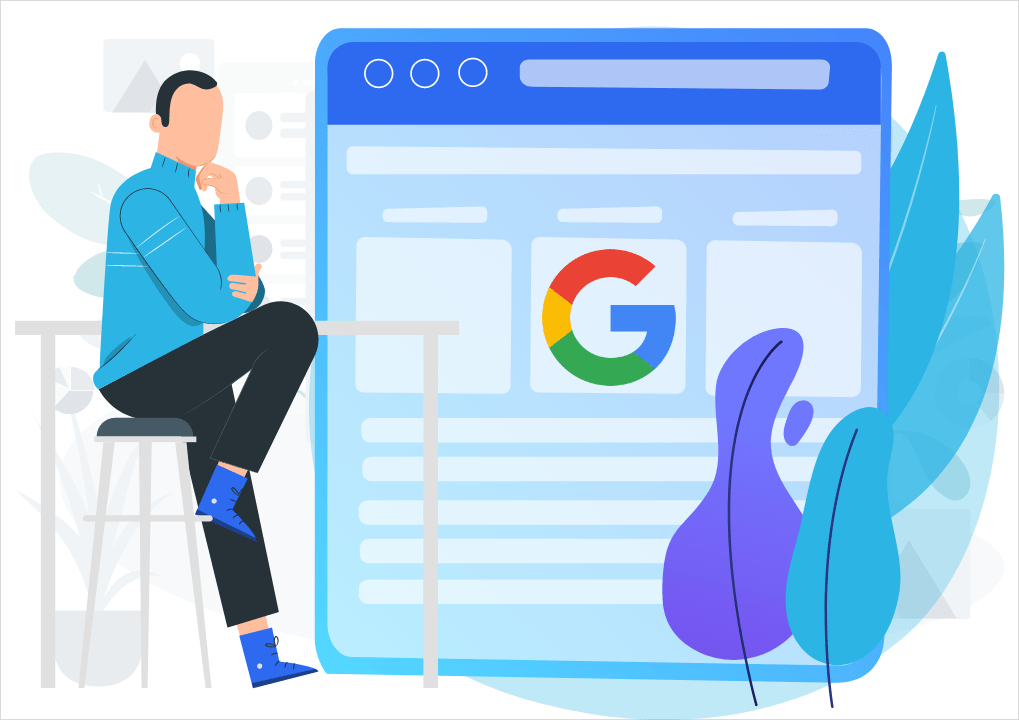As for those of you who do not know what antitrust laws are, make sure you pay attention to the below before we dive deep into Google’s involvement over antitrust laws.
Antitrust laws are a set of state and federal laws designed to ensure that businesses compete fairly.
Antitrust laws aim to increase competition by limiting a company’s market power.
This frequently entails ensuring that mergers and acquisitions do not have concentrated market power or create monopolies, as well as dismantling monopolies.
Antitrust laws also prohibit numerous businesses from collaborating or creating a union in order to suppress competition through activities like price-fixing.
Due to the difficulties in defining what conduct may impede competition, antitrust law has developed a distinct legal specialty.
Supporters argue that antitrust laws are necessary for a free market.
Consumers have the chance of benefiting from reduced pricing, higher-quality products and services, more variety, and more innovation as a result of seller competition.
Google’s Involvement over Anti-Trust Laws
Legislators and regulators are most interested in Google’s dominance in web search, digital advertising, and smartphone software.
Investigations are currently underway by the European Union into whether Google unfairly favors its own display advertising platforms disrupting other online advertisers, online publishers, and competitive providers of online advertising technology space.
The formal investigation will look into whether Google is distorting competition by denying third parties access to user data for advertising purposes on websites and apps while keeping the data for its own good use.
Google has also been accused of harming competitors by prioritizing its own offerings, such as shopping advertisements or local business listings, over those of competitors in its search results.
To fund free online content for consumers, several publishers heavily rely on online display advertising.
Because Google owns every stage in a complex system that connects ad suppliers and purchasers, the company’s ad business is also under scrutiny.
Rivals claim that the procedure provides Google an unfair advantage in the market. Acquisitions, such as the 2008 buyout of ad-tech firm DoubleClick, account for most of the company’s advertising power.
These complaints primarily target Google’s search and search ad operations. It claims that Google hurts competitors by forging “exclusive” deals with phone manufacturers such as Apple and Samsung to be the default search engine on their handsets.
The amount of spending for display advertising in the European Union was anticipated to be around €20 billion in 2019.
Google collecting data from users for the sake of targeted advertising, selling ad space, and acting as an internet advertising intermediary is well known.
The Android operating system, the world’s most popular mobile software, is also owned by Google.
Its dominance is difficult to overstate; Android powers nearly nine out of ten smartphones sold worldwide. Google has been accused of abusing its market dominance by pressuring partners to include Google’s apps, such as search and maps, in their offers.
In addition, Google also offers a number of ad technology services that act as a middleman between advertisers and publishers, allowing adverts to be displayed on websites and mobile apps.
As a result, Google is present at practically every stage of the online display advertising supply chain.
European Commission Investigates Google over antitrust law violations
The European Commission has voiced its concerns that Google is making it difficult for rival advertising platforms and services to compete in the ad space.
European Commission’s Vice President Margrethe Vestager stated that they will be keeping a close look at Google’s user tracking rules to see if they’re in accordance with fair competition,”
The European Commission is looking into many of Google’s advertising practices, including forcing advertisers to use Google’s own Ad Manager to display ads on YouTube and allegedly favoring its own ad exchanges.
Google’s intentions to take out third-party cookies in Chrome as part of its “Privacy Sandbox” initiatives will also be a part of the investigation.
This current investigation comes not long after the search giant was being investigated for antitrust violations made by the US Justice Department last year October, accusing that it illegally monopolizes the search and advertising platforms.
Reports from Reuters suggest that the European Union has penalized Google about €8 billion (around $9.5 billion) in the last decade for several antitrust violations.
Google has made a statement that it is willing to engage constructively with the European Union to get to the bottom of this matter.
With the amount of data Google has with them, it knows every day, tens of thousands of European businesses use Google’s advertising products to find new consumers and fund their websites.
Well. This is not the first time…
This is not the first time Google has been accused of violating antitrust laws.
In early 2014 Google agreed to settle an antitrust settlement with the European Commission.
Google offered to display results for keyword-specific searches pertaining to products, restaurants, and travel; it suggested it would show results from at least three competitors.
Their competitors would pay Google each time someone clicked on certain types of results displayed alongside Google’s.
Google has hired an independent firm to monitor and oversee this process.
Content providers, such as Yelp, could opt out of Google’s specialized search offerings without facing charges according to the plan.
Google also proposed removing constraints that made it impossible for advertisers to move their campaigns to competitors’ websites; sites that used Google’s search tool may have shown ads from other services; however, the plan was ultimately rejected.






